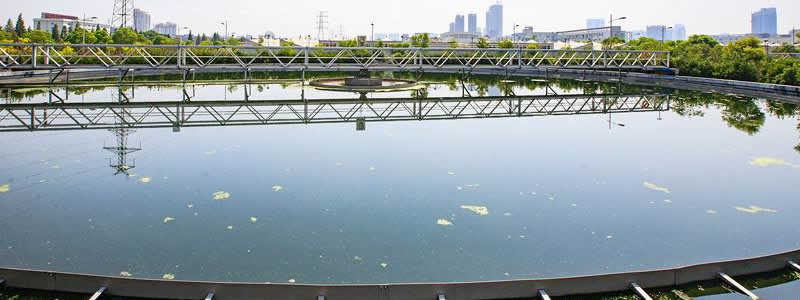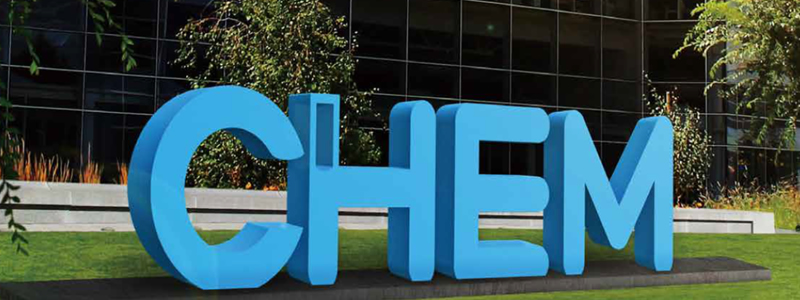
Coagulants Coagulating agent
Coagulants / Coagulating agent
Coagulants neutralise the negative electrical charge on particles, which destabilises the forces keeping colloids apart. In water treatment, coagulation occurs when a coagulant is added to water to “destabilize” colloidal suspensions.
Water treatment coagulants are comprised of positively charged molecules that, when added to the water and mixed, accomplish this charge neutralisation. inorganic coagulants, organic coagulants or a combination of both are typically used to treat water for suspended solids removal.
In a colloidal suspension, particles will settle very slowly or not at all because the colloidal particles carry surface electrical charges that mutually repel each other. A coagulant (typically a metallic salt) with the opposite charge is added to the water to overcome the repulsive charge and “destabilise” the suspension.
Angchao manufactures a wide range of organic coagulants based on chemistries such as Polyamine, PolyDADMAC and Inorganic Organic blends.
Polyamine and PolyDADMAC are the most commonly used organic coagulants in water treatment. These products can be used alone or in combination with aluminium base inorganic coagulants providing a consumption reduction of 30-60% which also reduces coagulation times, treatment costs and the volume of treated sludge and its associated disposal cost.
For more information, please contact:
TIAN@CHEM.NET
 Previous
Previous  Next
Next Get answers and advice from people you want it from.